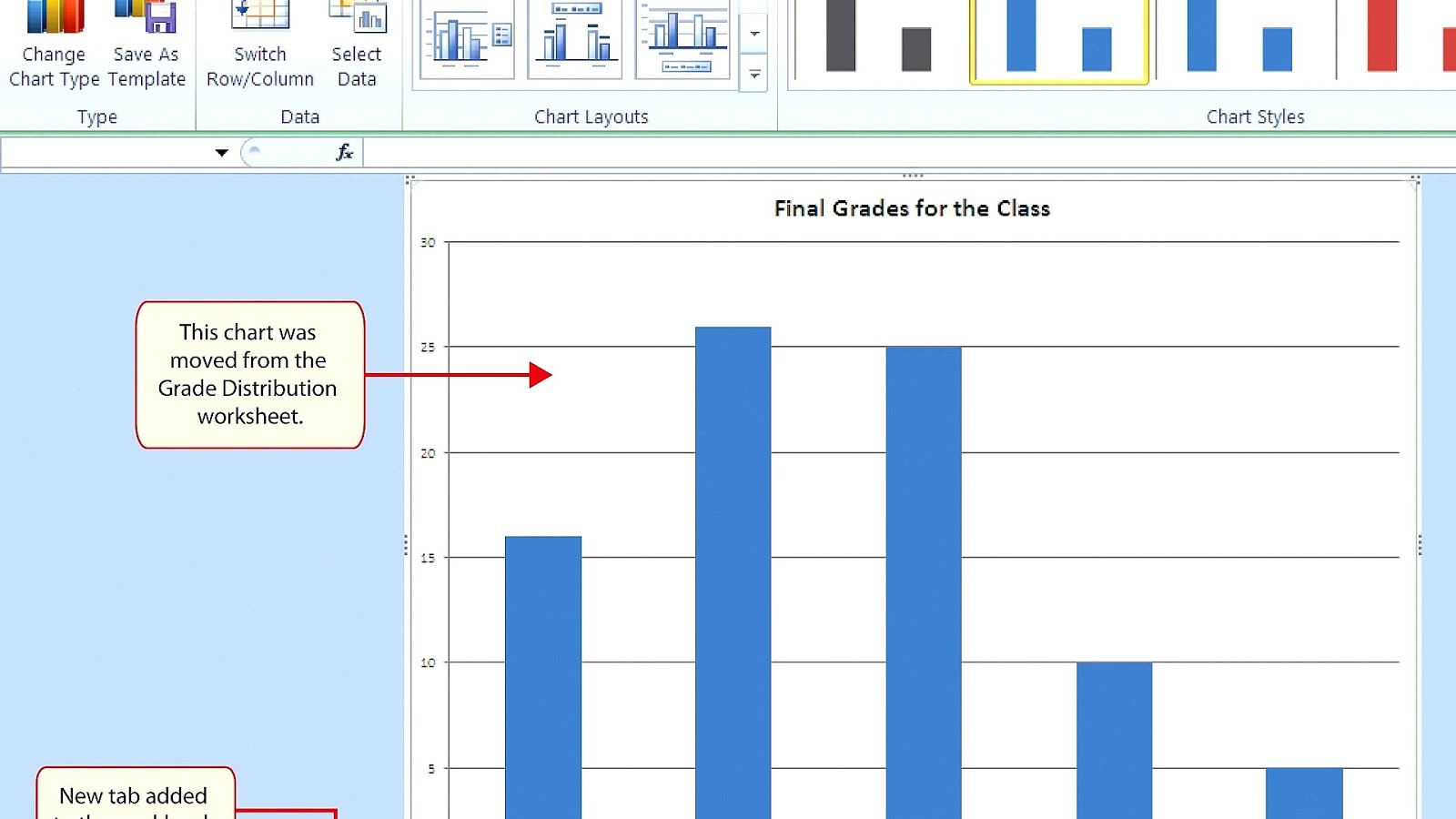

The roots of Visual Basic 4.0 date back to the early 1960s when, at Dartmouth University, two college professors set out to develop a programming language and environment in which non-programming students could write programs using a language easier


Although your specific application's requirements will ultimatelyĭetermine whether or not you should use Visual Basic 4.0 or something else, this appendix will help you make the language decision. Visual Basic 4.0 is not necessarily the best language for every job. The comparisons you will be able to understand Visual Basic 4.0's strengths and weaknesses against these other languages. Instead of comparing Visual Basic 4.0 to other languages command by individual command, this appendix discusses the main attributes of the languages and shows you how Visual Basic 4.0 supports or does not support those language attributes. This appendix surveys several popular languages in use today andĭiscusses how Visual Basic 4.0 responds to the challenge of meeting or surpassing those languages' capabilities. If you have programmed using other programming languages before, you might be wondering how Visual Basic 4.0 compares to those languages in speed, power, flexibility, and ease of use.


 0 kommentar(er)
0 kommentar(er)
